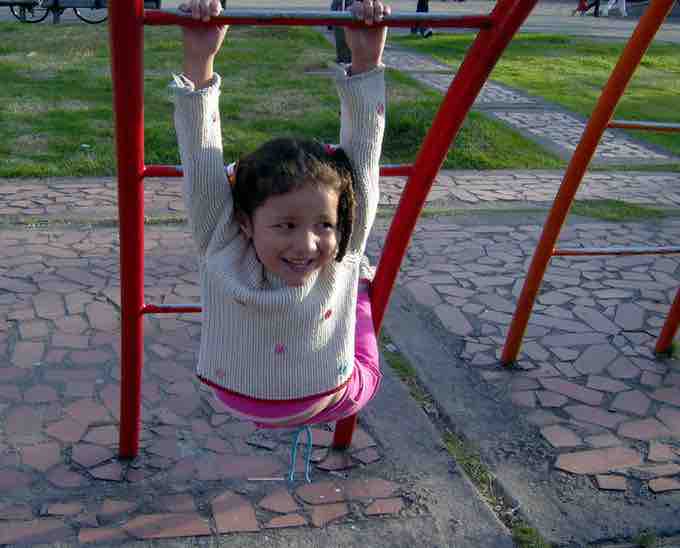Socialization is a term used by sociologists, social psychologists, anthropologists, political scientists, and educationalists to refer to the lifelong process of inheriting and disseminating norms, customs, and ideologies, providing an individual with the skills and habits necessary for participating within his or her own society. Socialization is thus "the means by which social and cultural continuity are attained. " There are many different forms of socialization, but two types are particularly important for children. These two types are known as primary and secondary socialization.
Primary socialization in sociology is the acceptance and learning of a set of norms and values established through the process of socialization. Primary socialization for a child is very important because it sets the groundwork for all future socialization. Primary socialization occurs when a child learns the attitudes, values, and actions appropriate to individuals as members of a particular culture. It is mainly influenced by the immediate family and friends. For example if a child saw his or her mother expressing a discriminatory opinion about a minority group, then that child may think this behavior is acceptable and could continue to have this opinion about minority groups.
Secondary socialization refers to the process of learning what is the appropriate behavior as a member of a smaller group within the larger society. Basically, it is the behavioral patterns reinforced by socializing agents of society. Secondary socialization takes place outside the home. It is where children and adults learn how to act in a way that is appropriate for the situations they are in . Schools require very different behavior from the home, and children must act according to new rules. New teachers have to act in a way that is different from pupils and learn the new rules from people around them. Secondary socialization is usually associated with teenagers and adults, and involves smaller changes than those occurring in primary socialization.

Girl on a Playground
Playgrounds and other social situations contribute to secondary child socialization.